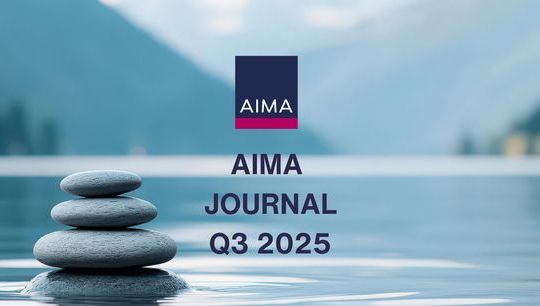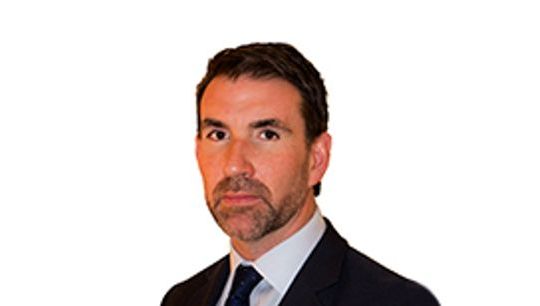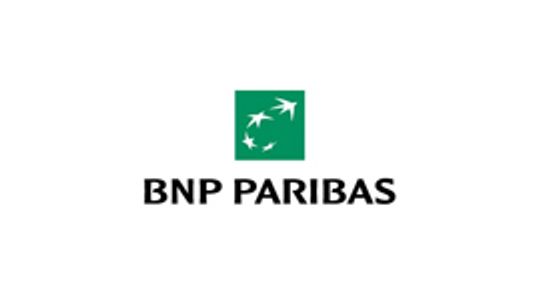The right strategy, at the right price
By Ken Owens, PwC
Published: 12 October 2018
The alternative funds industry is changing fast. Investors are hyper-sensitive to value for money, and keenly aware of paying only for alpha, not for beta. They are also increasingly tuned into overall outcomes as opposed to simply raw performance, and are demanding better and customised strategies. All of this, they want at fee levels that many in the alternative investments industry would not have considered a decade ago.
This has significant distribution implications for alternative fund managers, as they adapt to keep pace with these growing demands, examining all aspects of their business and marketing models and making changes where they can.
The right strategy, at the right price
In a recent collaboration between PwC and the Alternative Investment Management Association (AIMA), we examine the two-speed nature of the alternative funds industry and investigates, through a survey and interviews, how alternative fund managers are processing it. The survey was carried out among alternative fund managers in Europe, North America and Asia, many with extensive distribution networks. PwC also interviewed managers at a number of firms on a one-to-one basis to uncover specific detail about their sales practices.
This article explores some of the finding of our survey while sharing some key observations and insights gleaned from interviews with managers on their viewpoints on the industry.
The outcome is everything
According to the alternative fund managers surveyed, investors see performance as paramount. The difference with the past is that, from the investors’ perspective, performance is measured through a broader set of outcomes rather than absolute returns. Outcomes in this context being the delivery of solutions to specific investor needs, as opposed to a more simply defined product, drilling past pure performance to look at how that performance fits with investors’ requirements. Whatever the aim, the key for alternative fund managers seeking further allocations is to identify individual needs of clients and then build in the flexibility and skill sets to meet these needs.
To keep their products relevant and meet the growing expectations of their investors, managers proactively monitor investor profiles. Pension plans, endowment, funds of funds and high net worth (HNW) investors are the biggest allocators globally to alternatives. But there are material regional differences.
Face-to-face access prized above all else
The need to customise their offerings is driving managers’ marketing behaviours. As capital is driven to fewer and larger alternative fund managers, other managers know they must articulate their value proposition with vigour and clarity to compete. It is not enough to have a niche strategy and peer-beating performance if those virtues are not reaching the right investors.
Alternative strategies have always depended to a degree on face-to-face communication and firms are prepared to invest considerable sums to get in front of prospective investors. As a large asset manager attests: “It’s all about people. Digital distribution doesn’t work for alternatives.” The slow adoption of technology by many alternative investment firms for distribution purposes contrasts strongly with the adoption by alternative firms of technology for enhancing investment strategies. While the uptake of digital distribution will gradually expand, alternative fund managers indicate there are barriers to this expansion. Chief among them is regulation, closely followed by a lack of in-house expertise to operate platforms and also a lack of willingness on the part of some existing investors to engage and transact via a digital platform.
Buyers hold whip hand on fees
With global equities rising more or less consistently since early 2009, not all investors are willing to pay elevated fees for undifferentiated returns that have been available through passive tracker funds. Accordingly, in the current buyers’ market, investors can exert considerable pressure on fees. The 2+20 fee structure for hedge funds is rapidly disappearing, with 1+10 more common, and even lower for large tickets or early bird investors.
But the fee adjustment is not completely over: just over a fifth of respondents say they will lower fees, either to attract new investors or retain existing ones. A large fund of hedge funds manager says it has lowered fees for its key “strategic partnerships” in order to retain assets, and plans to lower fees selectively to attract new investors.
Many alternative fund managers have reduced their fees over the course of the equity bull run and some may feel they have cut their margins to the bone. In addition, their operating costs are rising as many invest in new technology and as competition rises for quantifiable investment skill. So, fees are not likely to move much further in the near term. More than three-quarters of respondents are not planning to lower their fees.
Politics unlikely to disrupt buying patterns
The exit of the UK from the EU, due to take place in March 2019, has the potential to impact the alternative fund management industry the world over. Although a transitional period during which little will change until the end of 2020 is being negotiated, managers have already started to plan for change. Still, unless a ‘no-deal’ scenario materialises, investors and managers will be operating in the same environment for the next two and a half years.
It is too early to speculate on how the UK and EU will develop from the point of view of ease of cross-border distribution of funds.
But it is likely that the EU will most likely become marginally more restrictive in the way non-EU funds will be able to be marketed in the EU (it is already very difficult today), mainly by lowering barriers within the single market. The UK may become more liberal as was witnessed, for example, by the UK regulatory authorities extending a temporary permission regime to EU firms to ensure the smooth operations of those entities under any potential scenario.
The biggest potential impact on the way EU markets will be accessed by non-EU firms will revolve around any changes to the rules on delegation of portfolio management. Currently, a great number of non-EU firms rely on the ability of their affiliates established in the EU to outsource portfolio management services to entities located outside the EU. If this regime continues without major disruption, difficulties with access to the EU market can be significantly mitigated. Brexit has started a debate on whether and how delegation rules ought to be changed, but significant change is unlikely to materialise in the near future – it is more of a medium-term prospect.
Finally, the industry is still processing the impact of the recently-enacted comprehensive US tax reform. This US tax reform will impact financial markets broadly and may have impacts on specific alternative investment strategies. Some strategies may see a marginal uplift to returns, and some may be able to offer more tax-efficient opportunities to investors.
Conclusion
The way alternative products are distributed has changed little since the products first appeared on investors’ radar. But the world around alternative fund managers is changing fast: investors want a lot more from their alternative funds and demand lower fees at the same time. Many investors are also looking for more accessible alternatives via mutual fund structures, such as UCITS. Meanwhile, geopolitics is a perennial disruptor to distribution channels.
Alternative fund managers are responding but, in some cases, too slowly. Compared with their sophisticated investment strategies, the distribution activities of many alternative fund managers seem relatively clunky. The direct contact paradigm is a slow and expensive means of communications, which is decidedly dated.
Shorn of technology options and the accompanying economies of scale, costs for alternative managers are likely to rise in line with assets, making it hard to increase margins. And yet assets managed by alternative funds keep rising, so they must be doing something right.
Far be it for us to suggest there should be wholesale change in the industry. We do not. But we do think that with more capital being allocated to fewer managers, only the savviest – those who understand that performance, strategy, consistency, and reputation must come as a package – will adapt and attract the size of flows that will allow them to compete going forward.
Please download a copy of the full report here.







